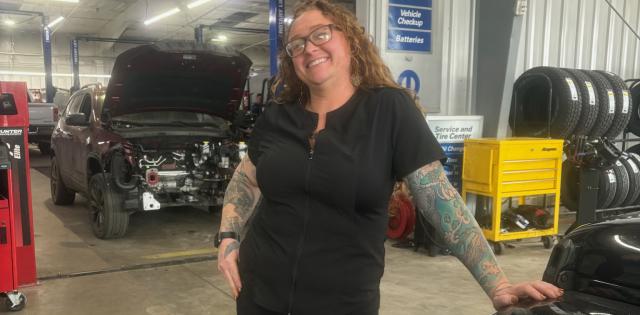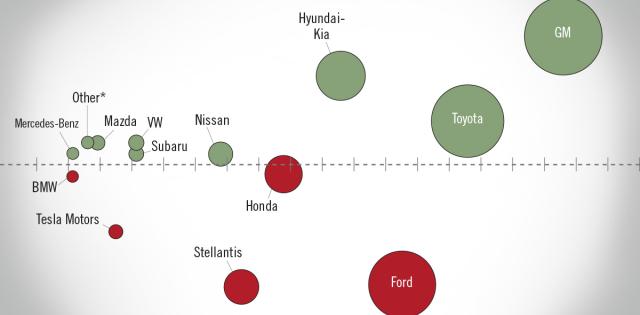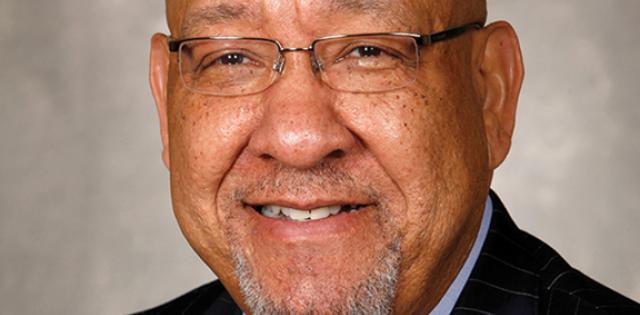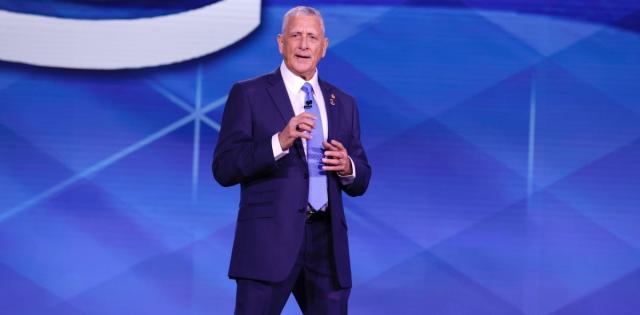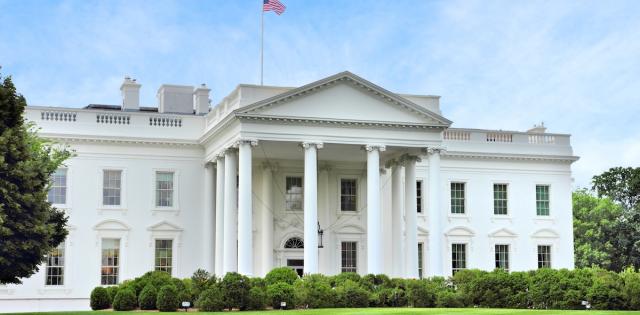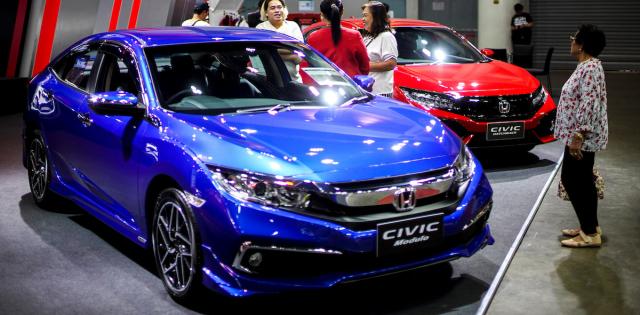A pandemic changes everything about the world. It alters our sense of safety, ideas of normalcy and patterns of behavior. Anyone in the sales business must understand how people’s needs and behaviors will evolve as they seek to regain a sense of balance. Lissette Gole, Google's head of Automotive Retail, identifies accelerated auto trends auto retailers can count on post-pandemic.
In the Lifeline Series webinar, Accelerating Auto Trends in the Time of COVID-19, Gole advised participants to be cognizant of these specific consumer expectations and behaviors:
- People are finding comfort in car ownership.
- People expect to find a deal.
- People want the dealer experience closer to home.
- People want online buying and at-home delivery.
The idea that people want to continue owning their cars is magnified during COVID-19. With social distancing in place and health top-of mind, people don’t want to rideshare or take crowded public transportation with a lethal virus running rampant. Google research shows that public transportation has seen a 28% drop and ridesharing a 26% drop. And that 24% of people have stopped using public transportation entirely. People are now more reliant on personally owned vehicles and here’s the key fact: 20% of people in the United States who do not currently own a vehicle, are now considering purchasing one. According to Gole, this carries implications for the entire industry:
- There’s a growing desire and need for personal vehicle ownership.
- City-dwellers who never owned vehicles before will now be entering the market.
- First-time buyers are entering an uncertain market, so they expect to find a good deal.
Google’s in-market auto shop research is even more telling: 800,000 people are currently in the market and shopping for a new vehicle right now. And according to J.D. Power, no-interest financing created a spike in search interest which correlated to an increase in sales even during the pandemic. Gole pointed out that dealers have a great opportunity in front of them but must find the right mix of incentives and marketing to stay competitive; create messaging that sets them apart from others; and expect disruption to market share as incentives test brand loyalty.
Gole highlighted that the public wants the dealer experience closer to home, as evidenced by YouTube watch time. Since the pandemic, there has been a 39% uptick in automotive watch time—with people searching for dealerships specifically close to home. YouTube is the #1 destination for auto purchasers to get a virtual experience like a walkaround.
Google research shows that one in five auto shoppers said they would purchase right now if given an online option, and 68% feel the digital experience is a fitting alternative to visiting a dealership. Gole pointed out steps dealers can take now, before pandemic restrictions are lifted:
- Capture existing consumer demand;
- Reach customers via YouTube;
- Use smart bidding to adapt to changes in behavior;
- Re-engage customers who are car owners and are back in the market; and
- Understand and value your online metrics.
Ultimately, accelerated trends in the auto industry show that people are interacting digitally with dealerships at a significant rate. And dealers who have expanded online retail and at-home touch points are increasing sales opportunities. So as a pandemic changes everything about the world, those in the sales business must adapt along with it.
The webinar is available on NADA’s Coronavirus Hub.
Note: NADA’s webinar is offered to assist its dealer members in the operation of their dealerships and for general informational purposes only. Each dealer must seek their own legal counsel and make their own independent business decisions and work with their attorneys to ensure social media posts and advertising comply with state and federal consumer protection laws. Before attempting to sell vehicles online, dealers must consult with their attorney or state/metro dealer association or licensing authority to better understand the requirement in their state. The presentation of this information is not intended to constitute legal advice nor encourage concerted action among competitors or any other action on the part of dealers that would in any manner fix or stabilize the price or any element of the price of any good or service.



